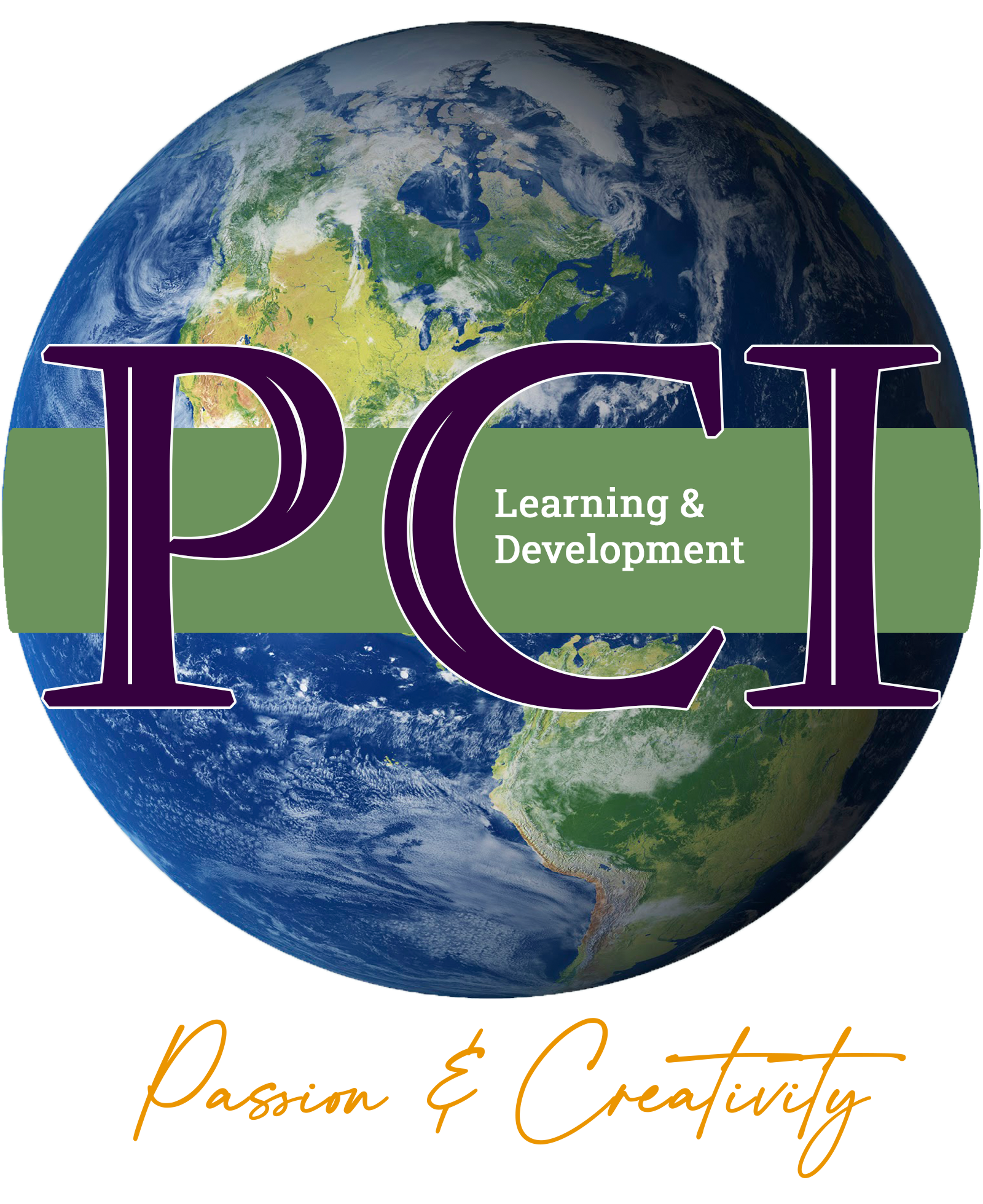Introduction:
Personal development and work ethics are integral components of a successful and fulfilling professional journey. Personal development involves the continuous process of self-improvement, encompassing the enhancement of skills, knowledge, and attitudes that contribute to both personal growth and career advancement. Work ethics, on the other hand, define the principles and values that guide individuals in their conduct and interactions within the workplace.
The synergy between personal development and work ethics is crucial for fostering a positive organizational culture and achieving individual goals. By investing in personal growth, individuals not only enhance their capabilities but also cultivate qualities such as reliability, accountability, and integrity—core tenets of strong work ethics. These attributes not only bolster professional reputation but also contribute to a harmonious work environment where trust and collaboration thrive.
This introduction sets the stage for exploring the intertwined dynamics of personal development and work ethics, highlighting their significance in shaping career trajectories and fostering a sense of fulfillment and purpose in the workplace. By embracing a commitment to continuous improvement and ethical conduct, individuals can navigate challenges with resilience, inspire others through their example, and contribute meaningfully to organizational success.

